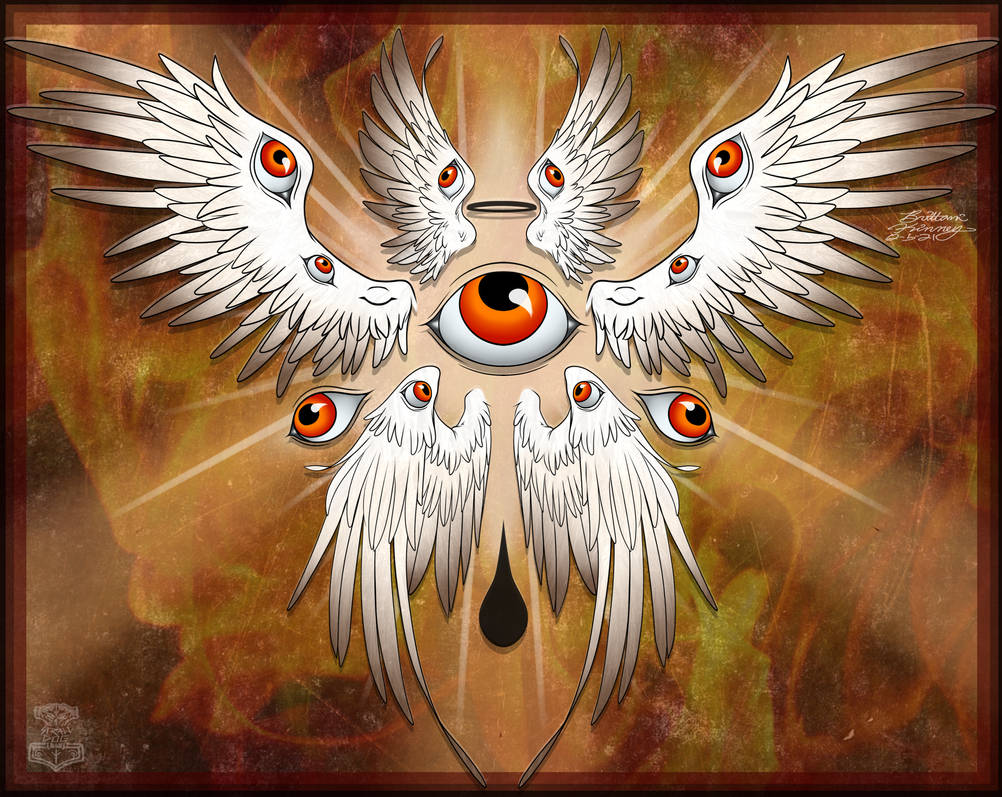Mine is the computer. I continue to be amazed at what we can do with them.
It’s hard to choose, but I would say the Haber-Bosch process for ammonia production. It’s a miracle of chemistry that almost single-handedly vaporized the population doomers. As much as half of the nitrogen in your body comes from Haber-process-derived synthetic fertilizer!
I’m always blown away by how discoveries like antibiotics changed our lives. And writing too. Mind blowing that we can record, discern, and communicate so much information from marks on a surface
Here is an alternative Piped link(s):
Piped is a privacy-respecting open-source alternative frontend to YouTube.
I’m open-source; check me out at GitHub.
The plow. It allowed early river valley peoples to generate semi-reliable food surpluses, and those food surpluses triggered everything that came after. I can’t take credit for this argument, I first encountered it in this episode from the first season of Connections.
Here is an alternative Piped link(s):
Piped is a privacy-respecting open-source alternative frontend to YouTube.
I’m open-source; check me out at GitHub.
Sliced bread. Before sandwiches what was the point?
Delicious drippings, stews and gravies on hunks of bread.
The sandwich was a downgrade.
Vaccines
This is the answer I was looking for. Every other comfort can be worked around. Not having half your children die had no workaround.
There’s a cemetery a few blocks from where I live that I walk around in sometimes. The years on the older gravestones tell some very sad stories.
Probably the steam engine as far as actual innovation and all but my answer is air conditioning
Soap easily. God the lives it saved and continues to save easily makes it the best invention imo
Cordage/string. Way more useful than fire and arguably predates it.
The wheel and the derivatives of the circular shape in general; they powered all human innovations from abstract mathematics to real life applications and everything in between.
In Electronics world? Bipolar junctionTransistors. Easily.
This led into having portable devices we have today.
Back then people used vacuum tubes for switching and amplification; of which were very expensive to run (used a lot of power when idle).
I mean, vacuum tubes where phenomenal when they came, allowed first long distance calls in 1915, but look at my phone now, fits on my hands, and has billions of transistors!
I was thinking the photolithography process might be almost as important as the transistor itself. Without the ability to miniaturize transistors and create integrated circuits, we wouldn’t have anywhere near the level of technology we can build now. A computer made of discrete transistors would be way more efficient, reliable, and cheaper than one made with vacuum tubes, but would still be very limited. There are things you fundamentally couldn’t do with even thousands of discrete transistors that became possible once we were able to scale to millions and now billions.
Its crazy that we’re now approaching 200 million transistors in a single square millimetre. Boggles the mind.
Writing, it allowed for knowledge to travel across vast distances. And for that knowledge to remain available and accurate for far longer than any oral tradition would be capable of.
Writing. Being able to record facts, thoughts, and stories that can be (mostly) read thousands of miles away and thousands of years later changed civilisation.
Consider: Writing is also the closest thing to magic that we have in the real world. You make a particular pattern of markings on a piece of paper using an arcane body of knowledge, and then a wizard in a black robe with a special hammer makes an illegible squiggle on the paper in just the right spot, and it makes new things happen.
It is crazy that. For time immemorial we used to transmit information from our mouths or using hand signals, and receive that information through eyes and ears, all in realtime.
(side thought: how awesome would it be if we had a single organ for both? e.g. communication solely through blinking)
Then suddenly we have this system where someone can code meaning onto a sheet, and we can receive entire contexts from a glance alone, purely at our leisure. Nuts.
Fire. The rest followed.
Interesting, my first thought was similar but different.
Clothing.
Now I have to go poke around the Internet trying to understand the history of both, which came first, and speculate about which made a bigger impact on our species.
edit:
Yep, it was fire. By like a lot. Both have pretty big ranges, but fire seems to be in the hundreds of thousands of years ago range, and clothing seems to be in the dozens of thousands of years.
I wonder which one came first, clothing or hairless skin?
The time machine.















